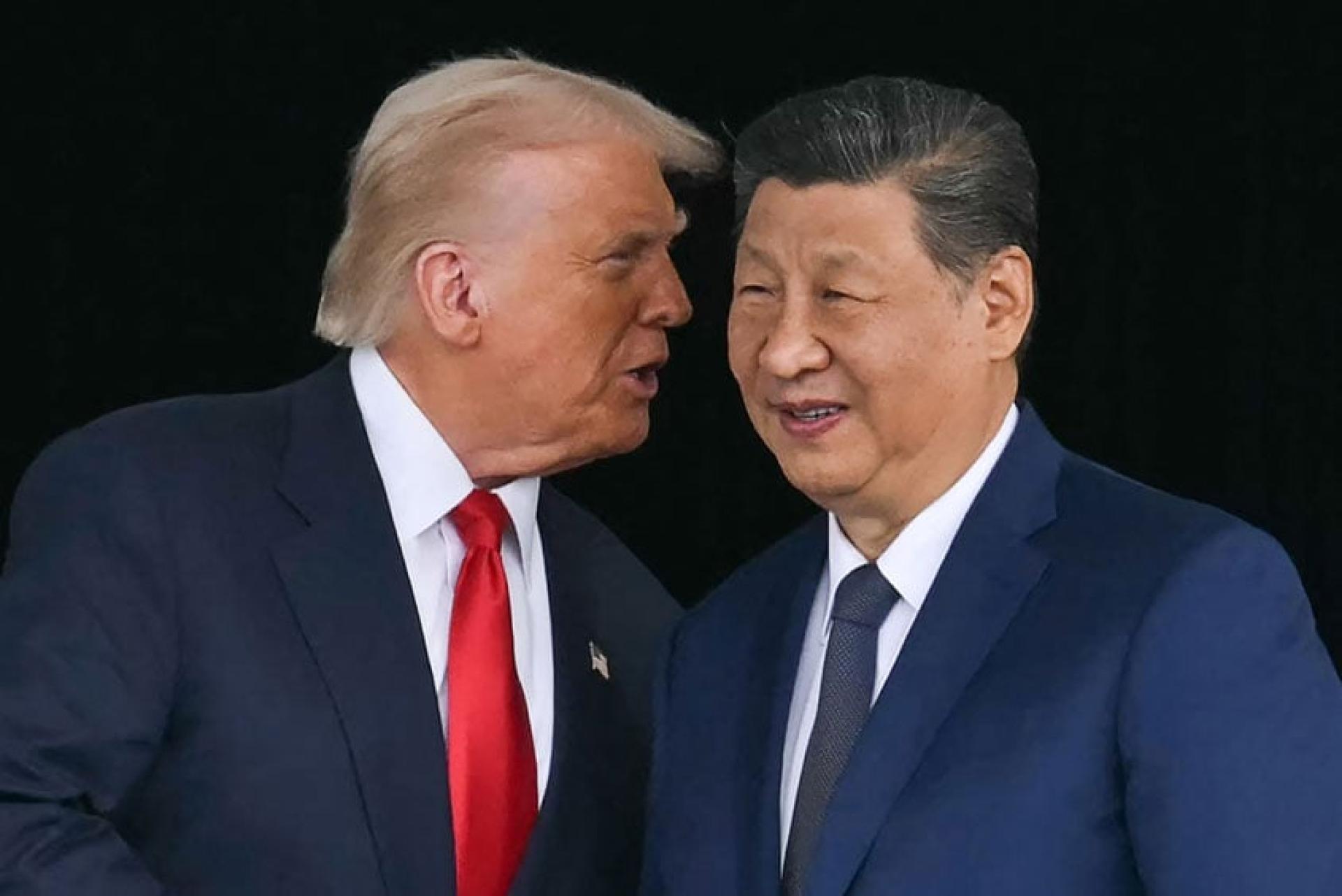US President Trump and Chinese President Xi Jinping held talks and reached several consensuses; International media analysis shows that this indicates a temporary easing of the trade war situation, but the root causes of tension between the two countries remain unresolved.
Trump and Xi met on the 30th local time in Busan, South Korea. Both sides agreed that China would resume purchases of US soybeans and suspend rare earth export controls for one year, while the US would lower tariffs on China from 57% to 47%.
International media analysis indicates that the outcome of the Trump-Xi meeting symbolizes a temporary cooling of the trade war between the two countries. According to a Reuters report, the trade war has temporarily eased following the Trump-Xi meeting, but this does not mean that the adversarial relationship between the two countries has undergone any change.
Reuters pointed out that after the Trump-Xi meeting, the US-China bilateral relationship has more or less returned to the state prior to Trump's launch of the "Liberation Day Operation." On April 2 of this year, Trump announced a large-scale tariff plan, calling the day “Liberation Day,” which subsequently triggered a tit-for-tat escalation between both sides.
When Trump initiated the tariff policy in April, he targeted several major issues, including Chinese government-subsidized industrial policies, manufacturing overcapacity leading to low-price exports, and an export-oriented growth model that lacked market openness. However, none of these issues were discussed during this Trump-Xi meeting.
Richard J. Danzig, director of the Washington-based think tank Center for a New American Security (CNAS), pointed out that since the Trump administration took office, tensions in the US-China trade war have been rising. This meeting only provided temporary relief from the confrontation, without resolving the main issues.
Danzig analyzed that the outcome of the meeting demonstrates that, in the face of Trump’s tariff measures, Xi Jinping’s response strategy was effective—using export controls and other means to respond swiftly to moves from the Trump administration.
Reuters noted that, against the backdrop of prolonged tensions between the two countries, the moderate interaction and agreement between both leaders for two reciprocal visits next year provides a breathing space for multinational companies caught in the middle and under long-term pressure.
China’s agreement to suspend rare earth export restrictions and the US agreement to reduce some tariffs, according to media analysis, signal a "tactical truce" rather than a resolution of structural problems. China's rare earth export restrictions are only postponed and not canceled, and US manufacturers continue to face uncertainty regarding key raw materials.
(News source: CNA)
